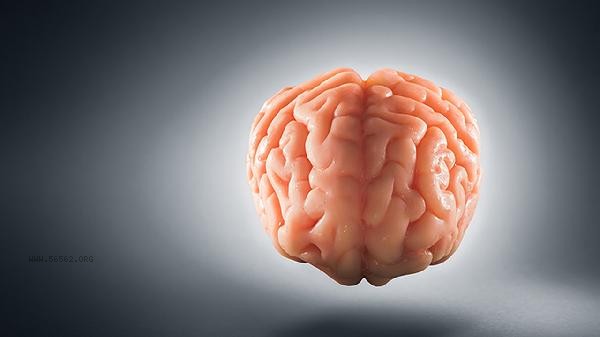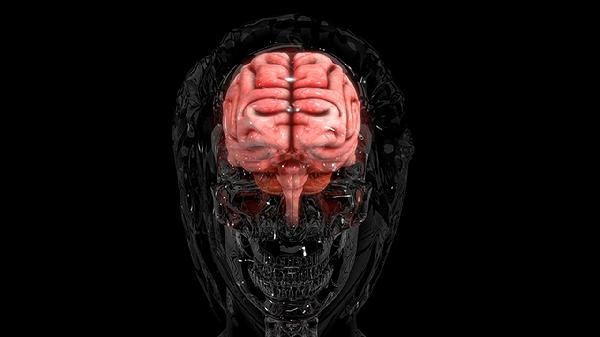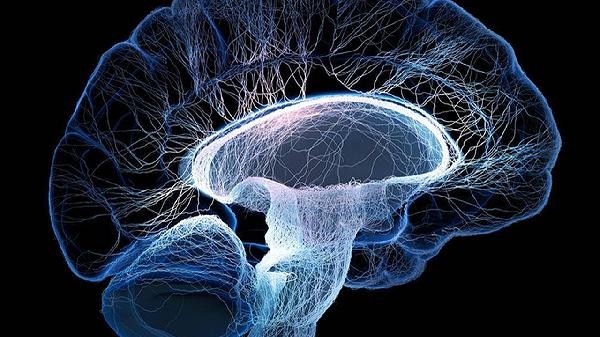The brain is always in a state of distraction and confusion, which may be a manifestation of attention deficit or chronic fatigue, usually related to factors such as insufficient sleep, psychological stress, nutritional imbalance, mental exhaustion, environmental interference, etc. Long term occurrence requires vigilance against potential psychological problems such as anxiety and depression.

1. Lack of sleep
Long term insufficient or poor sleep quality can lead to a decline in the function of the prefrontal cortex, affecting attention and alertness. Adults need 7-9 hours of deep sleep per day, and the rapid eye movement sleep stage is particularly important for memory consolidation. It is recommended to have a fixed sleep schedule, avoid using electronic devices before bedtime, and if necessary, undergo sleep cognitive-behavioral therapy.
2. Psychological stress
Continuous psychological stress can increase cortisol levels, inhibit hippocampal neuron regeneration, and lead to delayed thinking and decreased attention. Work pressure, tense interpersonal relationships, and other factors can all trigger this state. Mindfulness meditation, progressive muscle relaxation, and other stress relieving methods can effectively improve brain function.
3. Nutritional imbalance
Lack of vitamin B, iron, or high-quality protein can affect neurotransmitter synthesis, leading to insufficient energy supply to the brain. Excessive dieting or irregular eating habits can cause blood sugar fluctuations, directly affecting cognitive function. Moderate supplementation of deep-sea fish, nuts, whole grains, and other foods can help maintain normal brain function.

4. Mental exhaustion
Prolonged high-intensity use of the brain can cause excessive release of excitatory neurotransmitters such as glutamate, leading to neuronal fatigue. Manifesting as slow thinking, slow reactions, and other symptoms similar to "brain fog". It is recommended to use the tomato working method, take short breaks every 45-90 minutes, and engage in aerobic exercise to promote blood circulation in the brain.
5. Environmental interference
Multi task processing, frequent notifications from electronic devices, and other modern living environments can constantly distract attention, leading to habitual brain wandering. The noise pollution in an open office environment can also exacerbate this situation. Attention can be reconstructed by creating a focused environment, using white noise, and practicing single task processing.

Improving brain confusion requires comprehensive regulation, ensuring sufficient and high-quality sleep is the foundation, and 30 minutes of moderate intensity exercise per day can promote the secretion of brain-derived neurotrophic factor. Increase the intake of foods rich in omega-3 fatty acids and reduce refined sugar intake in diet. Use task list method in work and study to improve efficiency, and seek professional psychological counseling or cognitive training if necessary. If the symptoms persist for more than two weeks and affect daily life, it is recommended to undergo a systematic evaluation in the neurology or psychology department.







Comments (0)
Leave a Comment
No comments yet
Be the first to share your thoughts!